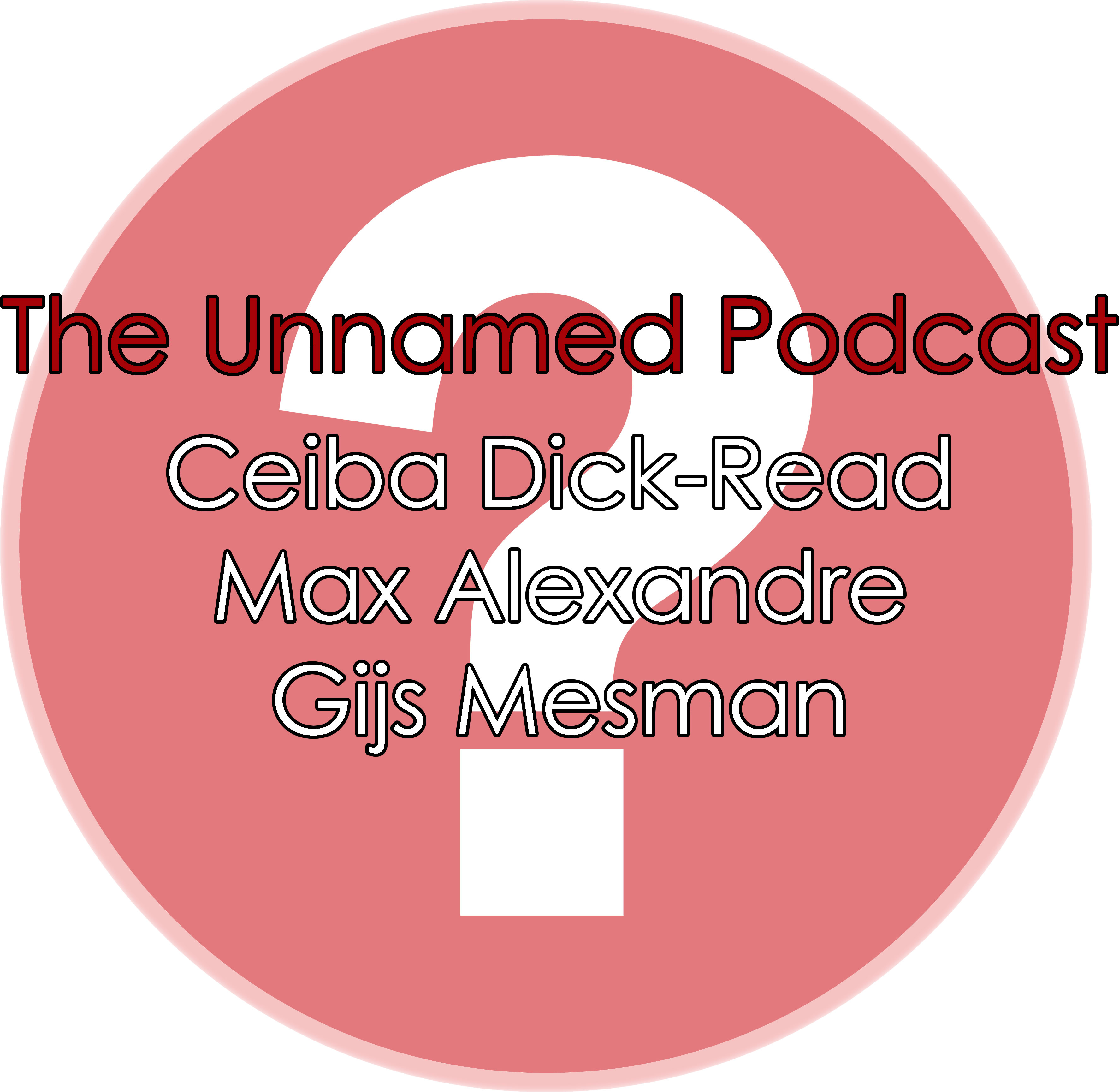I always talk about how grateful I am to have grown up before Apple. Growing up in a quirky Australian suburb with my artistic parents, almost all my memories from before the age of 10 don’t involve technology. We danced to the Beatles in our warehouse home, we painted our bodies with dye that would later stick to our bed sheets, we rode our bikes up and down the hill in our backyard. Life was simpler then. Life was simpler before technology consumed us.
My digital life in 2025
Social media took off as I transitioned from primary school to high school, and in my late teens I succumbed to the new digital media giant: TikTok. I haven’t had a good night’s sleep since. In the last decade or so, my world has become increasingly digitised. I wake up to an alarm on my phone, I scroll through my notifications and check the news in bed, I peruse TikTok while eating my breakfast and brushing my teeth. I play music as I drive to uni or work, I track my swimming at the pool using my smart watch, and most nights TikTok lulls me to sleep. I know that none of these personal experiences are unique, and that like my fellow Gen Z comrades, I am a digital native. There is no doubt that technology makes my day-to-day life easier. It enables me to stay up-to-date with current affairs, navigate the busy streets of Sydney, and complete my uni work. However, the more digitised my world becomes, the more I wish it wasn’t.
Living away from my home city for the first time in my 23 years, I’ve come to appreciate things that my otherwise overly-digital life had been restricting. Don’t get me wrong, I’m still heavily reliant on technology for many aspects of daily living here, but I’ve found myself enjoying the minutiae of life more than I ever have. I’ve let my phone die and challenged myself to find my way back home, I’ve sat by the canal with nothing but a book, I’ve ridden my bike to the shops with just my wallet on hand.
But can we really be connected in this digital age?
Our society’s over-use of technology often makes me sad. Not only do I find myself critiquing my own actions, but I find myself questioning those of others. Why must you scroll while you walk the street? Why must you take photos of my neighbour’s mundane suburban garden? Why must you check your messages while driving and bump into the back of my car? I find myself sitting on the train at peak hour watching each passenger be consumed by the little box lighting up their vacant faces.
It amuses me that the terms ‘connect’ and ‘disconnect’ have become associated with technology. We ‘connect’ with one another when we send a friend request on Instagram, or send one another a text message. We ‘disconnect’ when we log off or turn our phones off. However, I find this lexical transformation incredibly paradoxical. I yearn for the time when to connect with one another was to come by each other’s houses, to go for a coffee with friends, or to sit around the dinner table with family on Christmas day. To me, picking up our phones or opening our computers is to disconnect. When I sit on the busy train looking at the other passengers on their phones, I feel that our constant connection to the digital world is causing us to be more and more disconnected. In a digital world where we are able to connect with any person at any time, why do we seem more isolated than ever?
Sources:
- Digital Natives, Digital Immigrants, Marc Prensky (2001)
- Envy on Facebook: A Hidden Threat to Users’ Life Satisfaction?
- Gen Z and tech dependency: How the youngest generation interacts differently with the digital world
- Has the technology that was supposed to connect us made us more disconnected than ever before?
- The Connection Paradox: Is Technology Bringing Us Together or Apart?




Recent Comments